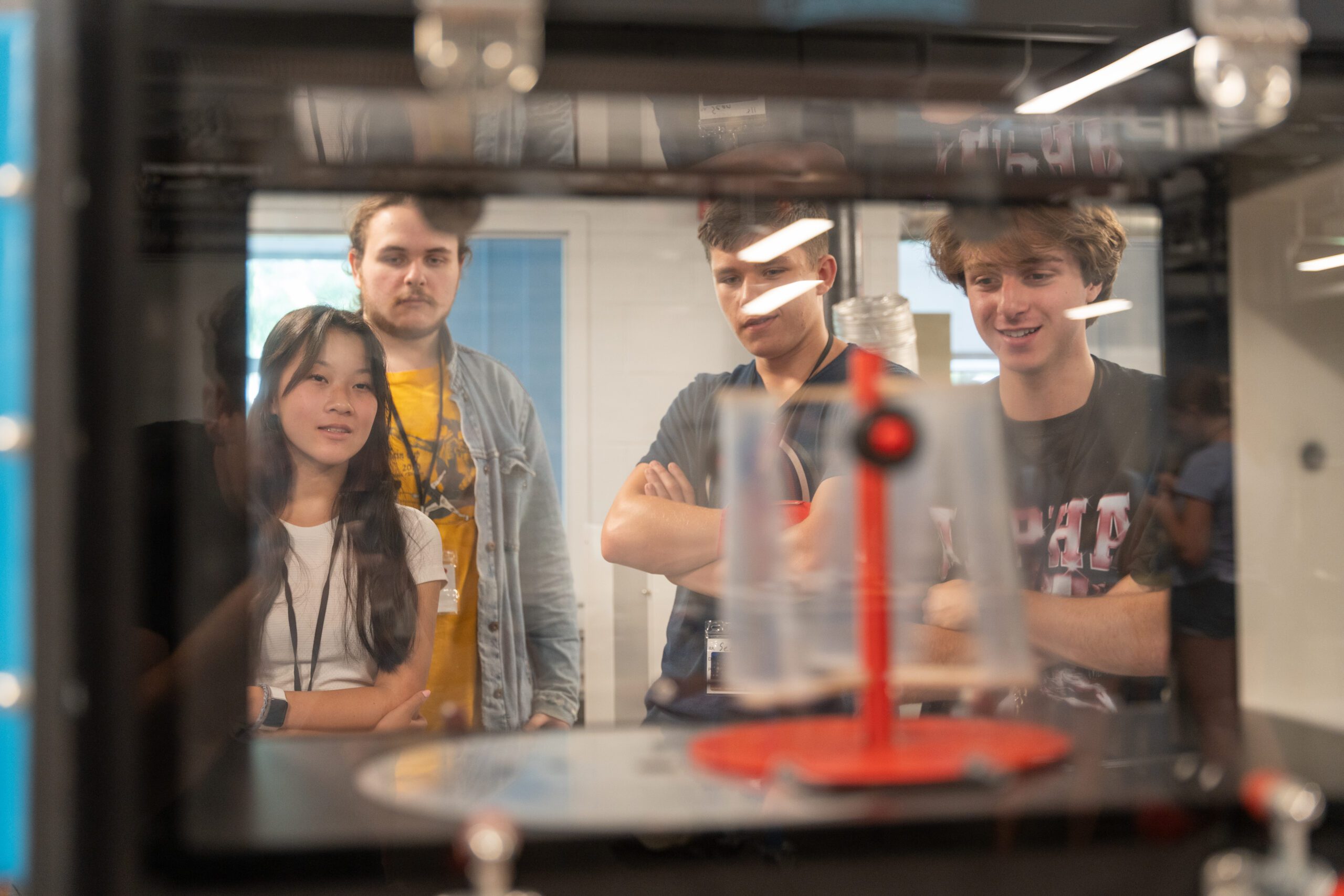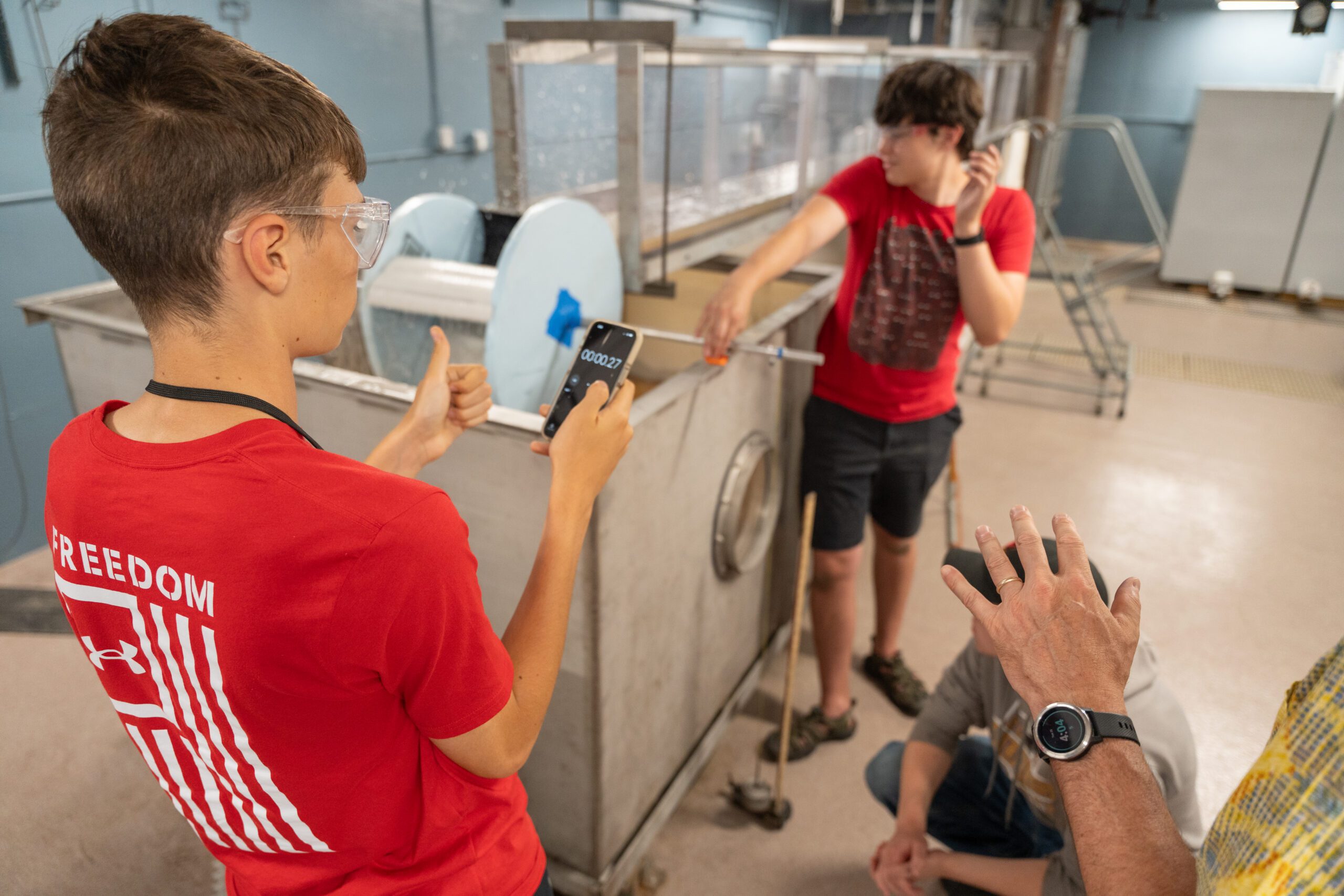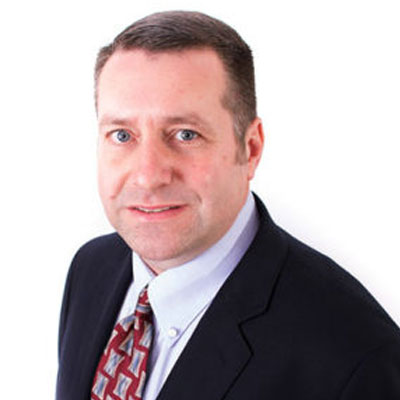 Menu
Menu
 Menu
Menu
Dive into sustainable energy, structural engineering, and more as you engineer resilient solutions to real life challenges.
“ GIV was definitely an empowering and inspiring experience for me…The various workshops and hands-on learning experiences provided by the Engineering Institute allowed me to exercise and develop problem-solving skills essential in any field of engineering. The strand-specific projects allowed for a direct application of these skills.”
Click and drag to scroll through photos or use the left/right arrows to browse.
At the Engineering Institute you will explore the foundations of leading engineering pathways. Collaborate, iterate, and expand your problem solving skills by developing your own projects in fields like energy, electrical, and structural engineering. You will work with peers who share your interests to develop your own hypotheses and test them using professional mechanical hardware and software. Learn how to utilize professional equipment with the guidance of renowned engineers. Everyone at the Engineering Institute works together to build a better future.
Sunday, June 21st – Saturday, June 27th, 2026
@ Norwich University
Northfield, VT
All students who apply to this Institute can make use of our sliding scale tuition model. GIV’s sliding scale tuition essentially acts like an automatic scholarship to automatically reduce tuition costs without the need for additional paperwork or outside sources. For information regarding this Institute’s sliding scale tuition support, please click here.


Check out this media from recent years of the Institute.
Every day is a unique experience filled with expert-led instruction, hands-on investigation, field trips, and immersive learning. We work to build a community around our experiences and share in our passion for everything we explore.
**The schedule is slightly different each year and announced when you arrive!
GIV’s supportive Institute structure is endlessly enriching, empowering, and engaging.
7:30 AM: Breakfast
8:30 AM: Morning Check-in
9:00 PM: Guest Speaker Presentations
10:00 AM: Morning Workshop
12:00 PM: Lunch
1:00 PM: Afternoon Workshop & Field Trips
5:00 PM: Dinner
7:00 PM: Nightly social events
10:00 PM: End of Day
Check out this video from GIV Alum Chris Woodworth as he shares the incredible career he has followed at GSPrecision engineering solutions for aerospace, medical, and defense manufacturing.

Michael Cross, PhD, is a lecturer of electrical and computer engineering, teaching classes in the areas of circuits, electronics, energy systems, and engineering design.
Cross received degrees from the Rochester Institute of Technology and the University of Vermont and began his academic career at UVM, where he taught courses in the areas of analog and digital circuits, electronics, semiconductor physics, power electronics, and engineering design.
His doctoral and post-doctoral research at the University of Vermont explored the electrical, structural, optical, and electro-chemical properties of thin films and energetic nanomaterials. His professional experience includes working as a development engineer at IBM Microelectronics in Essex Junction, Vt., where he was involved in the development of state-of-the-art photomasks. His professional and scholarly work has been published both nationally and internationally.
Mike and the Engineering Institute team can be reached at [email protected]